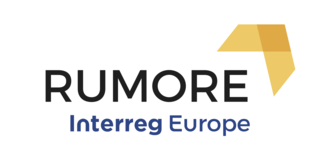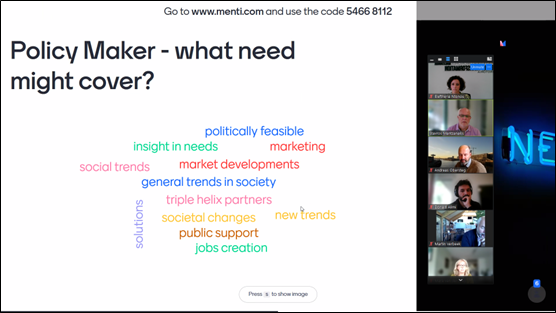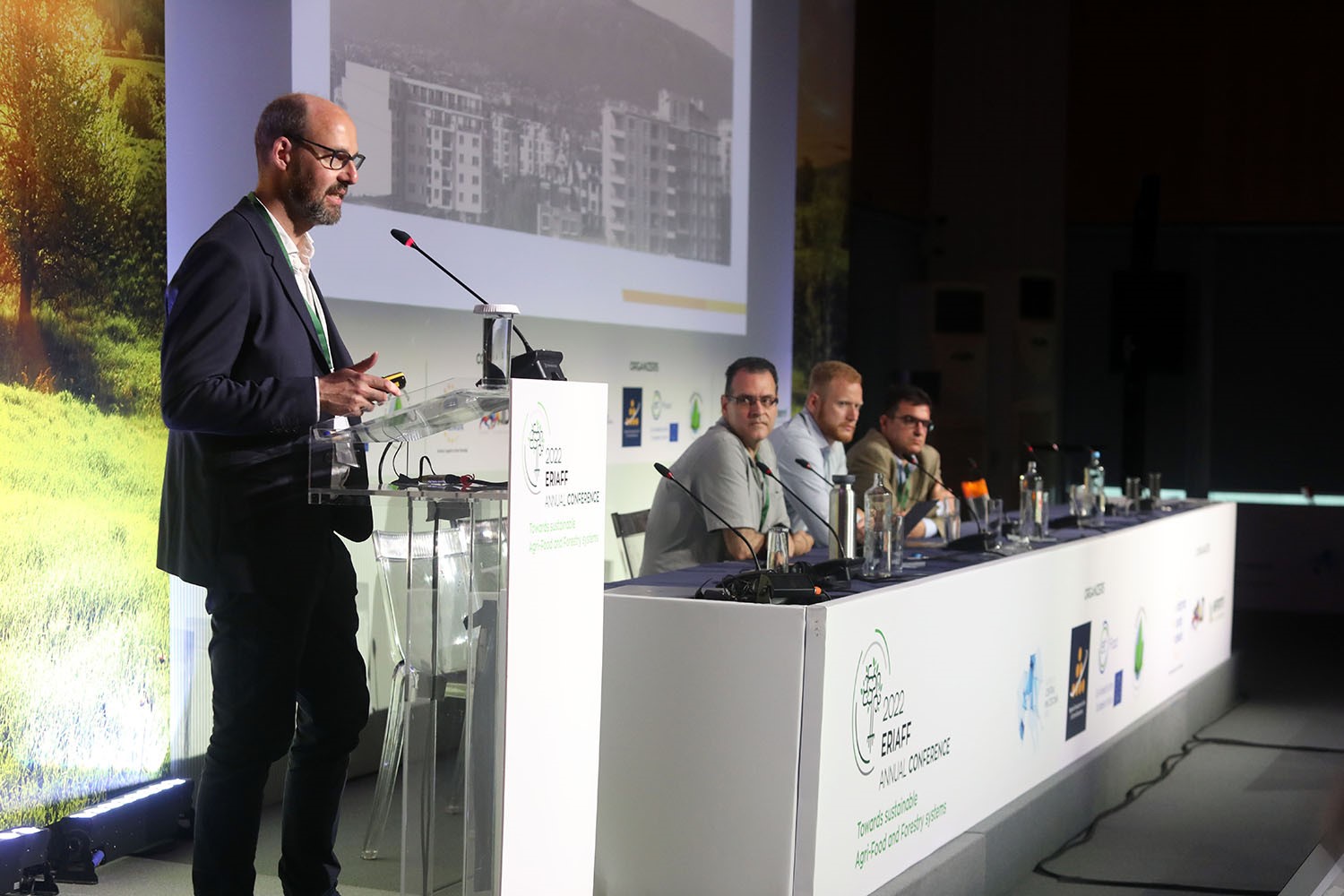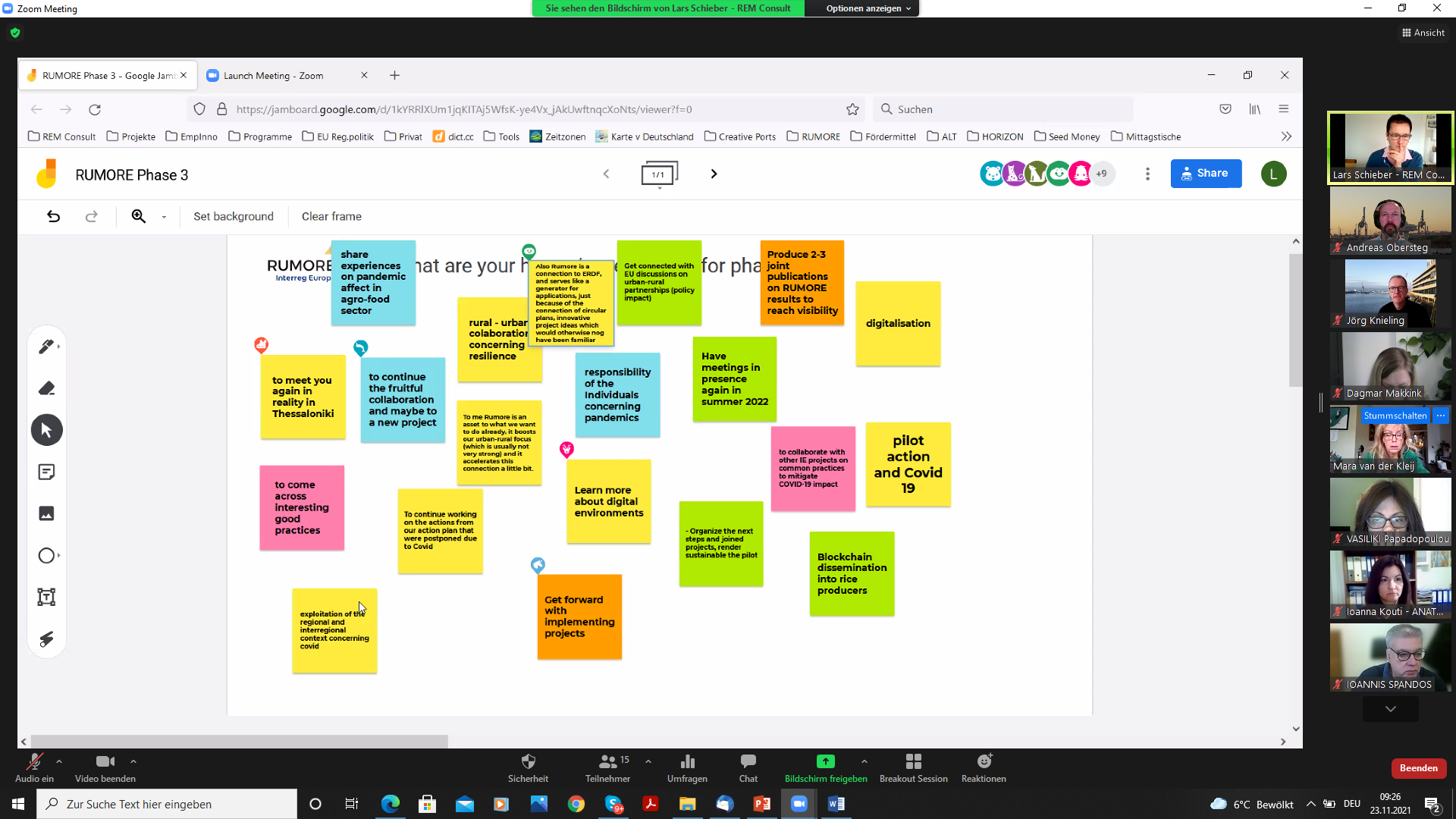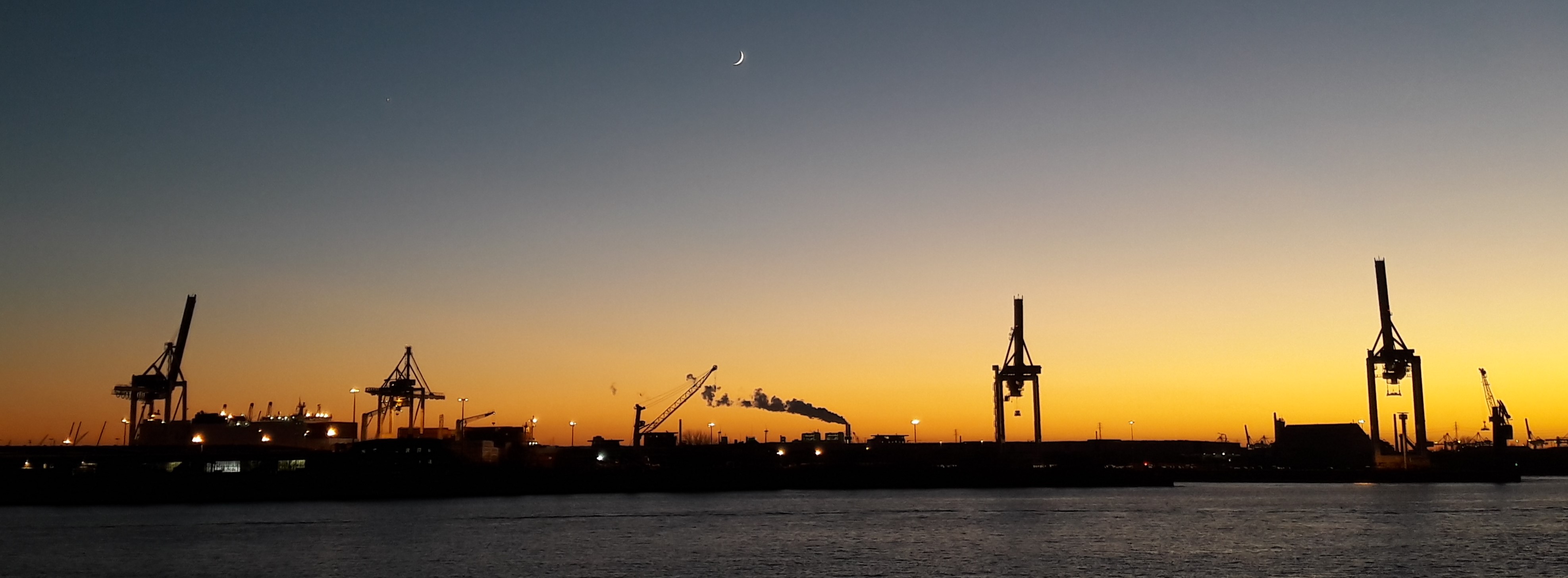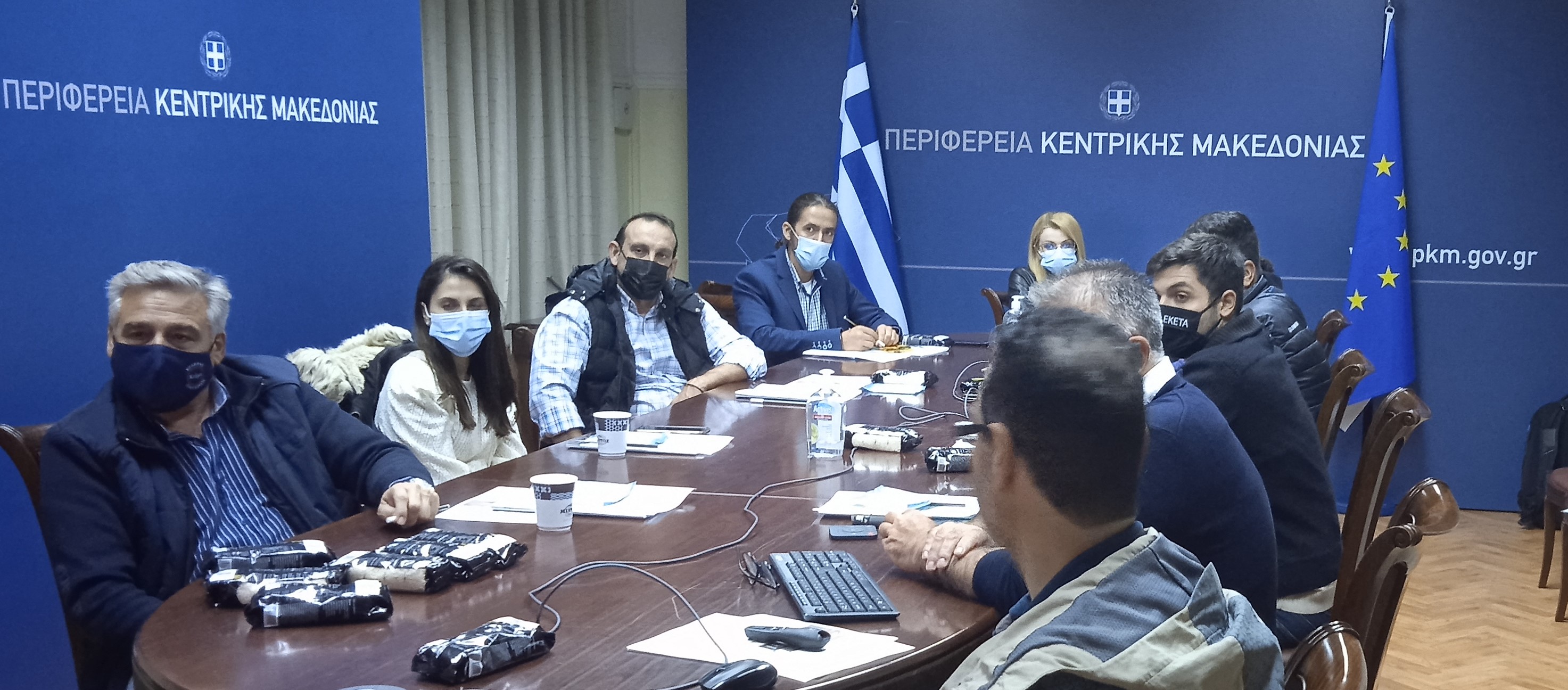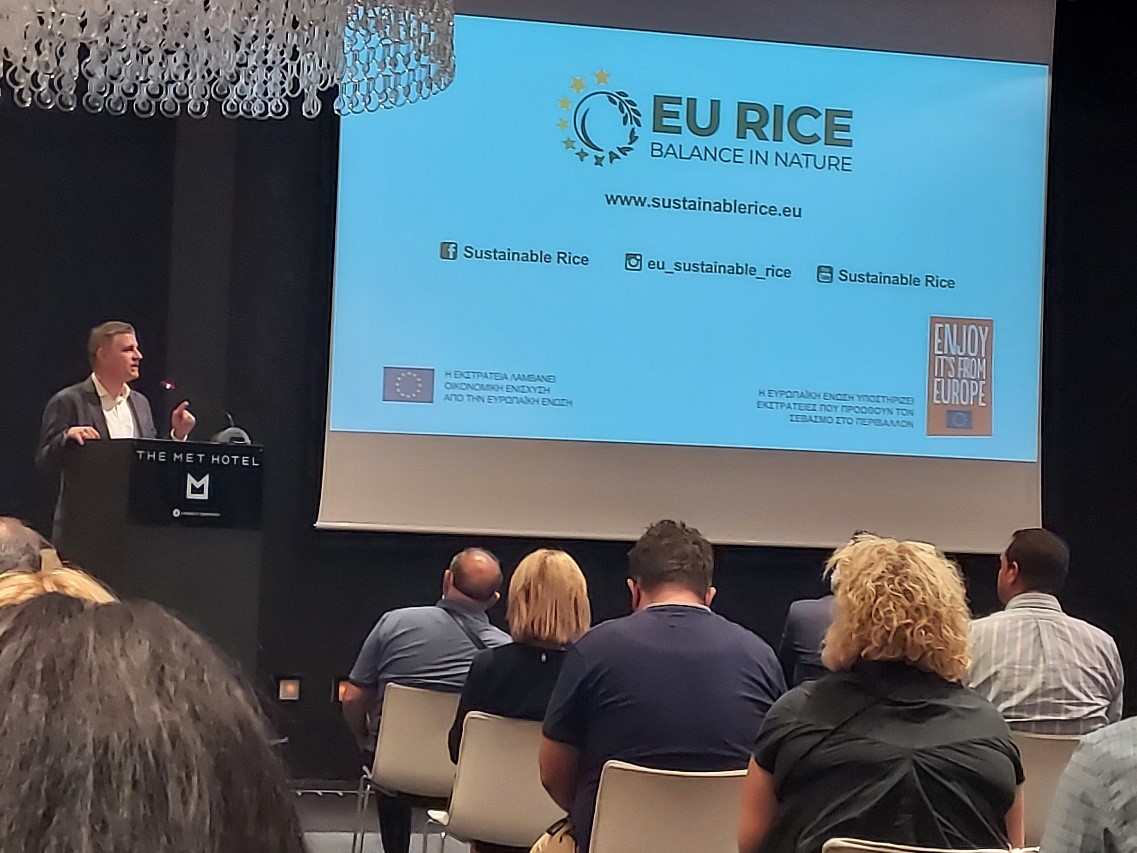The ongoing digitalisation changes dynamics in the industries as well as in the way the society functions. It changes how we work and live and it shifts the understanding of territory and distances. In recent years, there have been significant developments in different spheres such as the transport, health care and commerce ones. The pace of the digital development differs between places and sectors and depends, among others, on the innovative capabilities of local actors.
Digitalisation offers both opportunities and challenges. As digital information can be accessed everywhere, the choice of location for industries, businesses and workers becomes more flexible. However, there are concerns that economic development will concentrate in certain areas, mainly in metropolitan cities as the better developed digital infrastructure and already existing innovation hubs can be found there. On top, ongoing megatrends such as the urbanisation and the rise of the creative class that mainly settles in cities make it even more likely that only certain areas profit from the digitalisation. In this sense, digitalisation could lead to further social and regional disparities and could possibly deepen the existing divide between urban and rural areas. Hence, for many actors outside of metropolitan cities the questions emerge: How could rural areas keep pace with digitalisation? How could they use the opportunities of the digital age to maintain services, raise employment and foster innovation and thus counteract unfavourable demographic and economic developments?
 These were some of the key questions at the conference “Digital Countryside – Digital City. Shaping the Path Together” which was organized by the Metropolitan Region of Hamburg and took place on 30th November 2017 in the city of Neumünster. With more than 150 participants from different districts, cities and communities of the metropolitan region the conference offered a platform for discussions with and among regional actors. Ideas were exchanged about how digitalisation can set new impulses for the region’s quality of life, the attractiveness of locations for companies and people’s choices for where they live, study or travel to. Through joint projects and networks the distance between cities and rural areas can be overcome and thereby the countryside can become more attractive for citizens, employees, companies and visitors. The conference offered eight workshops covering different topics as for example mobility and infrastructure.
These were some of the key questions at the conference “Digital Countryside – Digital City. Shaping the Path Together” which was organized by the Metropolitan Region of Hamburg and took place on 30th November 2017 in the city of Neumünster. With more than 150 participants from different districts, cities and communities of the metropolitan region the conference offered a platform for discussions with and among regional actors. Ideas were exchanged about how digitalisation can set new impulses for the region’s quality of life, the attractiveness of locations for companies and people’s choices for where they live, study or travel to. Through joint projects and networks the distance between cities and rural areas can be overcome and thereby the countryside can become more attractive for citizens, employees, companies and visitors. The conference offered eight workshops covering different topics as for example mobility and infrastructure.
The Metropolitan Region of Hamburg includes 20 counties, county-free cities as well as actors from business and social organisations from the four federal states Hamburg, Lower Saxony, Schleswig-Holstein and Mecklenburg-Vorpommern. It is a form of institutionalized cooperation for discussion and collaboration on common challenges of the region and an important platform for bringing local and regional actors together. The Metropolitan Region offers different cooperation formats in spheres of regional importance. The Regional Conference is one of these formats which takes place regularly and serves the exchange about ideas and projects and the reinforcement of political engagement in the region.
During this year’s conference, the participants from municipalities, businesses and politics learned about different projects. One of them is the project “Digital Villages” by the research institution Fraunhofer-Institute for Experimental Software Engineering. In two model villages the project demonstrates the potentials of linking people, organisations and infrastructures through digital technologies. Another project presented during the conference is “Region-digital” in the German region of Kiel. Both projects identified approaches to foster digitalisation in rural areas. One approach is to establish innovation places in rural areas containing co-working spaces, offices for start-ups, shared facilities and rooms for events and providing space and modern infrastructure for creativity, innovation and networking. Another approach are digital hubs which aim to empower small and medium-sized enterprises as they offer them training courses to become so-called “digital champions”.
HafenCity University, Lead Partner of the project RUMORE, participated in the Regional Conference and exchanged with stakeholders from the Metropolitan Region of Hamburg. The exchange enabled the collection of insights and new ideas that will be spread to and discussed within the project consortium.
